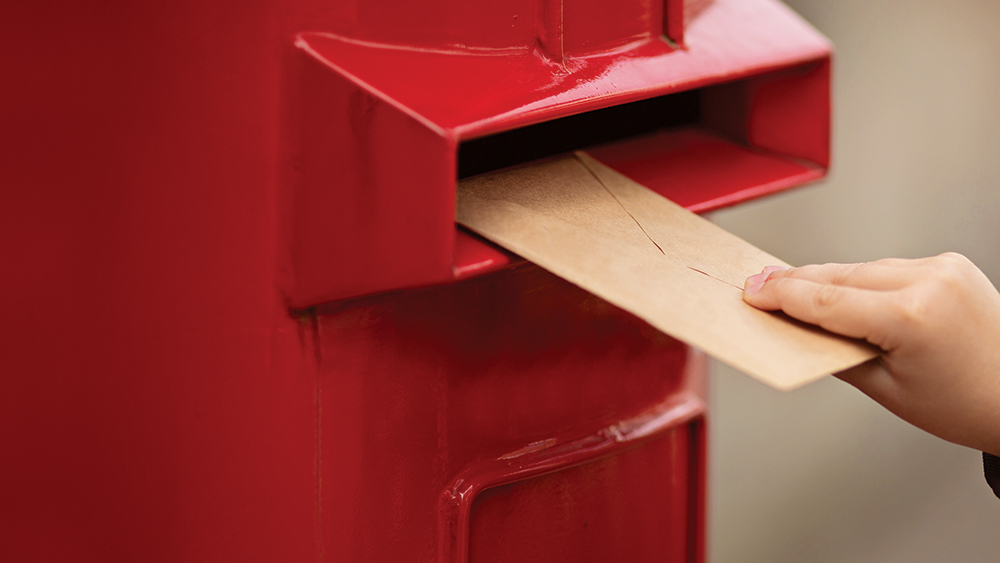May is a busy month for elections, with votes due for English local councils, 13 directly elected mayors in England and 39 police and crime commissioners in England and Wales.
There are also elections in the parliaments and assemblies of Scotland, Wales and London – the last, in conjunction with the London mayoral election.
And with the pandemic still continuing, getting a postal vote makes more sense than ever.
Why would it be good for me to register for a postal vote?
The COVID-19 pandemic has placed huge pressures on all of us. It is understandable that, for the 2021 elections, people are worried about visiting a polling station and standing in a queue for a long time – potentially exposing themselves and their loved ones to coronavirus.
Large numbers of people using polling stations also puts the public service workers who are working there on election day at increased risk of exposure to the virus.
And postal votes mean you can vote at any point after you have received your form, so you don’t have to wait and find time on election day to have your say.
By registering for a postal vote, you can help to make sure that you, your family and friends are all safe and, in reducing the numbers visiting a polling station on election day itself, help keep public service workers safe too.
Is a postal vote the same as a proxy vote?
No. A postal vote sees your ballot paper sent to you at home so you can vote early and safely.
A proxy vote is where you authorise somebody else to fill in your ballot paper for you at the polling station.
So in fact, postal votes allow you to retain control of how your vote is cast.
Is a postal vote safe?
Yes. If you forget to post your postal vote in time for it to arrive on election day, then you can still take it to a polling station – or to the town hall in your area before 10pm on the day, when polling stations close.
You need to make sure you have completed it and sealed the envelope before handing it in.
The Electoral Commission, which oversees elections in England, Scotland, and Wales, has no evidence that postal votes go missing or are mishandled.
Are there any disadvantages to a postal vote?
The only disadvantage to a postal vote is if you really enjoy voting in person!
So what are the advantages?
Postal voting is easy. Your ballot paper is sent to you directly, so you can vote from home and don’t have to queue at the polling station. In the pandemic, it can help keep you and others safe.
How do I apply?
Applying for a postal vote is really easy. You can find the application form on the government website at
www.gov.uk/government/publications/apply-for-a-postal-vote – just print it out and send it to your local electoral registration office, which you can find at www.gov.uk/contact-electoral-registration-office.
In order to prevent voter fraud, the government requires your application to be signed in person by you – so you cannot complete this form online.
What’s the deadline?
The deadline for applying for a postal vote in Scotland is 5pm on Tuesday 6 April.
The deadline for applying for a postal vote in England or Wales is 5pm on Tuesday 20 April.
Where do I find out more?
You can find out more on the government website or by contacting your local electoral registration office.




